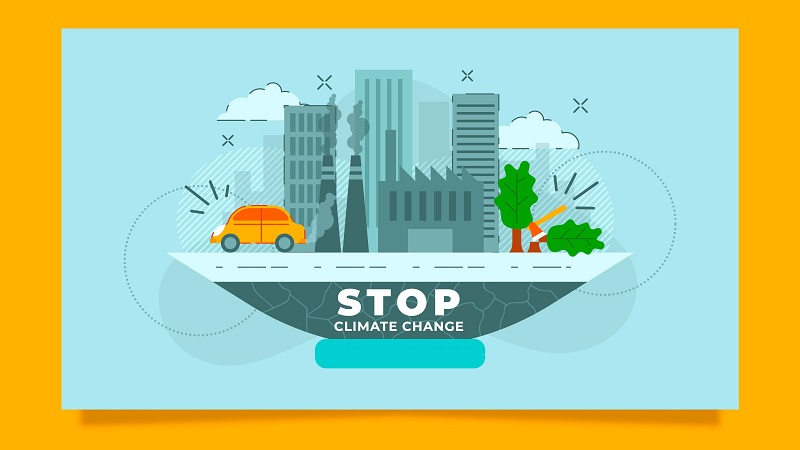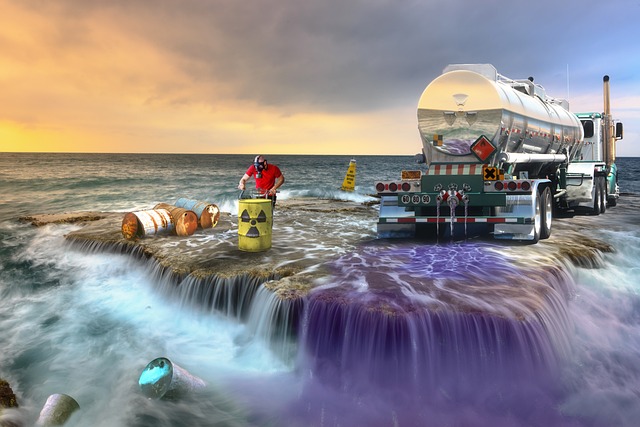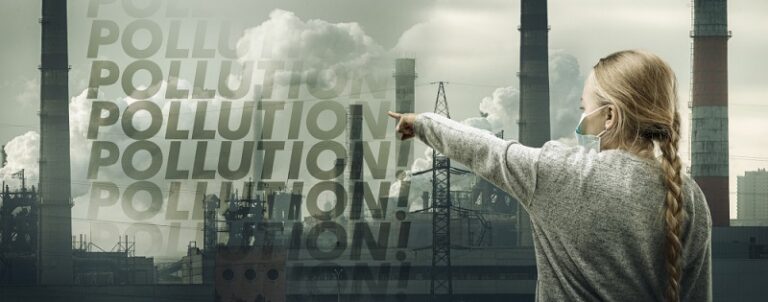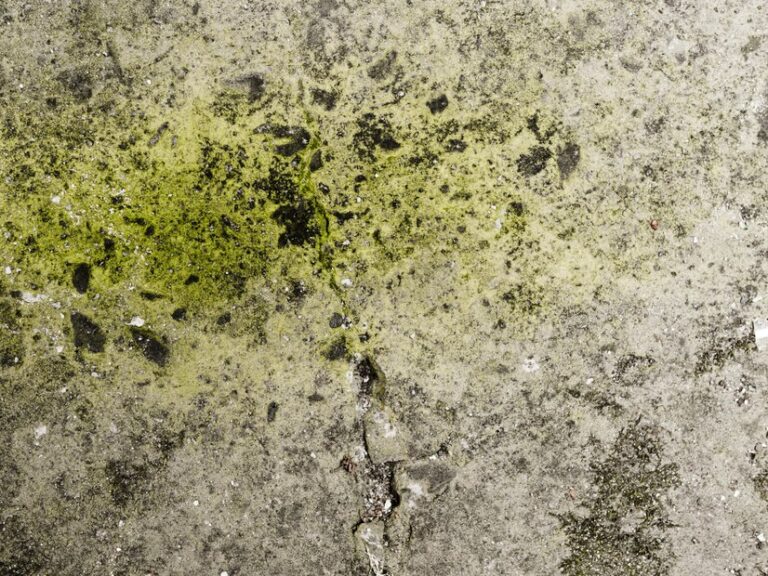The Pollution Adjudication Board (PAB) is a government body that deals with environmental issues, specifically focusing on pollution. It plays a key role in deciding pollution cases and ensuring that businesses or individuals causing pollution are held accountable. This board helps enforce laws that protect the environment and promote cleaner air, water, and land. Understanding how the Pollution Adjudication Board works can help you realize how important it is for keeping the environment safe.
Why Was the Pollution Adjudication Board Created?
The government created the Pollution Adjudication Board to tackle the increasing pollution problems from industries and other sources. As countries grew and industries expanded, pollution became a major concern. Governments needed a way to address violations of environmental laws, so they established the Pollution Adjudication Board to handle the issue. It’s main job is to make sure pollution laws are followed and those who break these laws are dealt with.
How does the Pollution Adjudication Board work?
The Pollution Adjudication Board investigates pollution complaints and enforces regulations. The case goes to the board when someone is accused of polluting. They hear the case, review the evidence and decide if the pollution is illegal. If they find someone broke pollution laws they can fine them or require the polluter to clean up the mess. They can even suspend or shut down operations if they are a serious environmental risk.
Functions of the Pollution Adjudication Board
- Receive complaints: The board receives complaints from the public about pollution.
- Enforce regulations: They make sure industries and businesses comply with pollution regulations.
- Imposing penalties: When companies or individuals break the rules, the board can issue fines or other penalties.
- Monitoring compliance: The board monitors businesses to ensure they stay within pollution limits.
What Types of Pollution Does the Board Handle?
The Pollution Adjudication Board deals with different kinds of pollution, including:
- Air pollution: Harmful gases or particles released into the air, like smoke from factories.
- Water pollution: Chemicals or waste dumped into rivers, lakes, or oceans.
- Land pollution: Trash or harmful substances that contaminate the ground, like industrial waste.
These types of pollution can come from factories, cars, farms, and even households. The Pollution Adjudication Board works hard to control pollution from these sources and to protect public health.
Why the Pollution Adjudication Board?
Without the Pollution Adjudication Board, pollution would be out of control. Companies would put profits on environmental safety, and more pollution would follow. The board is the watchdog that makes companies take responsibility for their actions and minimizes pollution. It’s key to protecting the environment and ensuring future generations have a clean earth.
Cases
The board has handled many cases with companies that broke environmental laws over the years. For example, factories that poured harmful chemicals into rivers were fined, and others were forced to stop operations until they complied with the rules. These are just some cases where the Pollution Adjudication Board makes industries follow environmental standards.
How Does the Pollution Adjudication Board Protect Public Health?
Pollution can cause serious health problems like asthma, heart disease and even cancer. The Pollution Adjudication Board reduces environmental pollution, which directly affects public health. The board prevents pollution-related illnesses by keeping air, water, and land clean.
Company names are not always publicly available from the Pollution Adjudication Board (PAB) as decisions and records vary by country and jurisdiction. Here are some real cases of companies fined or penalized by pollution regulatory bodies around the world. These may not be from the PAB but similar cases of major environmental violations:
Petron Corporation (Philippines)
2010 – Petron Corporation, a major oil company in the Philippines, was fined by the Pollution Adjudication Board after an oil spill in Manila Bay. The spill damaged marine life and coastal ecosystems. The PAB ordered them to clean up the area.
San Miguel Brewery (Philippines)
San Miguel Brewery, a subsidiary of San Miguel Corporation, was penalized by the Pollution Adjudication Board for improper waste disposal and water pollution. The board fined them and ordered to install wastewater treatment facilities to comply with environmental laws.
Marcopper Mining Corporation (Philippines)
One of the most famous pollution cases in the Philippines was the Marcopper Mining Corporation. They were responsible for the 1996 mine tailing spill in Boac River. Although this was a broader legal case, the Pollution Adjudication Board made sure they got fined for the environmental damage.
Union Carbide (India)
In a landmark case, Union Carbide (now a subsidiary of Dow Chemical Company) was penalized for the Bhopal Gas Tragedy where a gas leak from their plant caused air pollution and thousands of deaths. Although they faced global legal action, environmental regulatory boards also fined them and forced them to compensate the victims.
Shell Philippines Exploration B.V. (SPEX)
Shell’s exploration arm in the Philippines was penalized by the Pollution Adjudication Board for environmental violations in one of their oil exploration projects. The board ordered them to take corrective measures to mitigate the damage and prevent future violations.
FAQs
- What does the Pollution Adjudication Board do?
Handles pollution cases, enforces laws and imposes penalties on those who break environmental rules.
- Who can file a complaint to the Pollution Adjudication Board?
Anyone can file a complaint against individuals, companies or ecological groups if they think someone is breaking pollution laws.
- What happens if a company is found guilty of pollution?
If the board finds a company guilty of pollution, they can fine the company, order it to clean up the pollution or suspend operations until the issue is resolved.
- How does the board determine if someone has broken the law?
The board reviews evidence, such as reports from environmental agencies and hears both sides before making a decision.
- What are the penalties for breaking pollution laws?
Fines, clean-up orders and even business closures if the pollution is severe.
Contact Details of Pollution Adjudication Board for register a complaint or for a general inquiry.
DENR Compound, EMB Building, Visayas Ave., Diliman, Quezon City
Phone: (02) 8 539 4378 Loc. 138, 163, 164
Email: pabco@emb.gov.ph
Conclusion
The Pollution Adjudication Board is part of our fight against pollution. The board plays a big role in protecting the environment and public health by enforcing environmental laws and punishing polluters. From air, water and land pollution to making companies follow the rules, the board keeps our world clean and safe. Understanding its role gives us all a better appreciation of the work that goes into keeping pollution in check.





